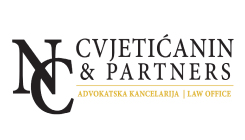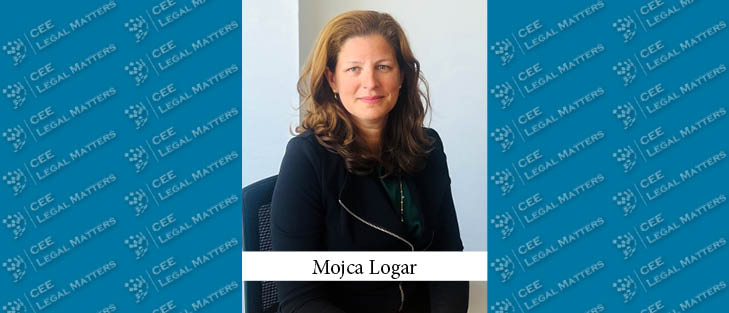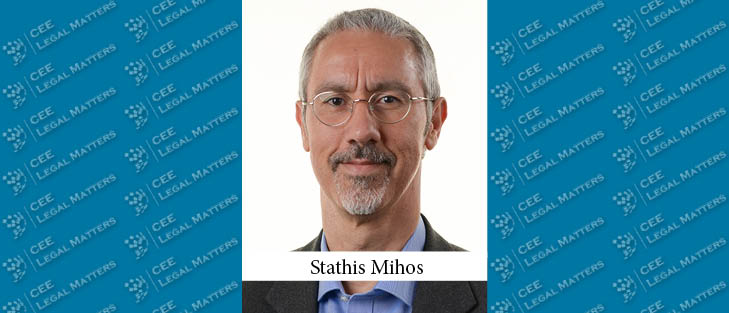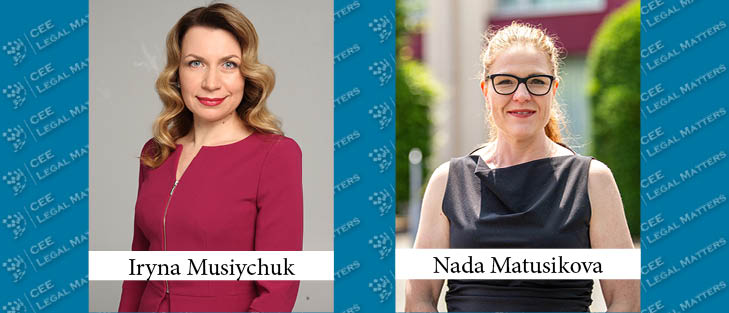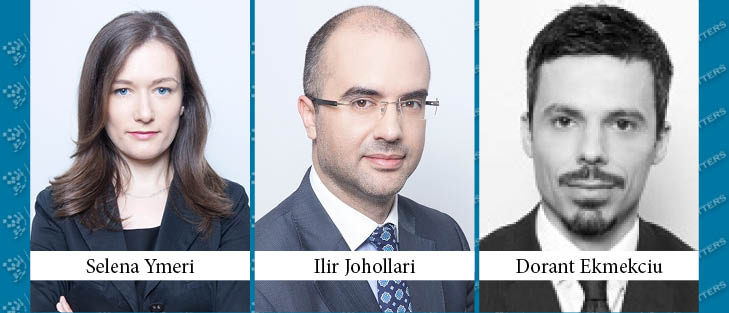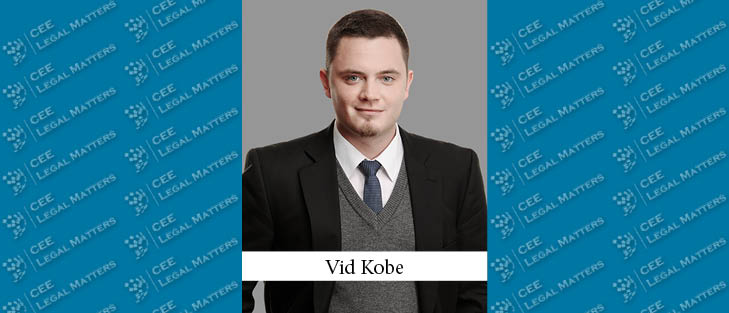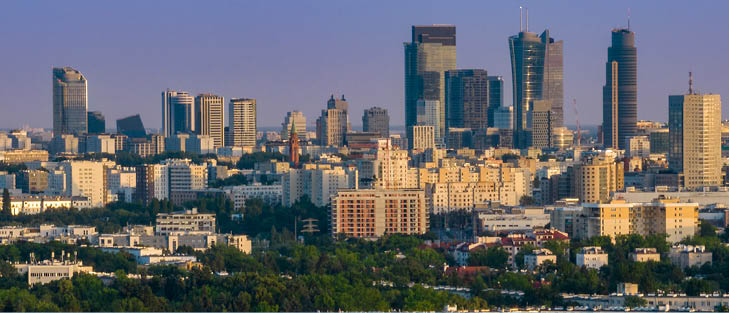CBD products are the latest consumer fad, and demand and supply has significantly increased all over the world. The market for CBD products is projected to keep growing, and according to some estimates, the European CBD market should be worth some EUR 1.5 billion by 2023. Despite such rapid development and expansion, placing CBD products on the Slovenian market remains somewhat of a legal grey area.
CBD (cannabidiol) and THC (tetrahydrocannabinol) are the two best known cannabinoids, i.e., chemicals found in the hemp plant (Cannabis sativa L.). Unlike THC, CBD does not cause the typical “high” and/or intoxicating feeling: instead it is usually advertised for its healing properties and therapeutic benefits, making it an appealing additive to food and other consumer products. However, the plant Cannabis sativa L. itself, together with extracts and resins, is considered an illicit drug, the cultivation and sale of which is generally a criminal offence in Slovenia.
That said, there are some exemptions. For instance, since 2017, it has been lawful under certain conditions to cultivate, sell, and/or keep Cannabis sativa L. for medical, veterinary, educational, and/or scientific research purposes. The procedures and conditions for obtaining such licenses are not clearly specified, however, and in practice the Slovenian Ministry of Health has so far only issued a very limited number.
Additionally, Slovenian rules permit the growth of industrial hemp, which comes from Cannabis sativa L. varieties that are listed in the EU’s Common Catalogue of Varieties of Agricultural Plant Species and which have less than a 0.2% concentration of THC. The rules specify that industrial hemp may be grown, among other things, for food and beverage production as well as for extracting substances for cosmetic purposes. However, beyond that, there are no detailed rules that would regulate the conditions under which products containing CBD may be sold to consumers.
Because of these partial exemptions, products made from hemp, including CBD products, had been available on the market. This has recently changed, at least with regard to certain CBD products. A new entry in the EU’s Novel Food Catalogue states that extracts of Cannabis sativa L. and any derived products containing cannabinoids are to be considered “novel foods,” because they were not used for human consumption to a significant degree within the EU before May 15, 1997. “Novel foods” are subject to a safety assessment before they can be placed on the market in the EU as either food or a food ingredient.
Such an assessment is all the more important given that extracts from Cannabis sativa L. may contain up to 1000 times the CBD concentration of that naturally present in industrial hemp and such extracts may be acquired by way of a process that has not yet been confirmed to be safe.
Following these developments and owing to the lack of proper safety assessments, the Slovenian authorities appear to have increased their interventions, demanding that online and physical shops remove certain CBD products from the market.
The situation is different when it comes to cosmetic products containing CBD. Regulation (EC) No. 1223/2009 prohibits the use in cosmetic products of natural and synthetic narcotics, i.e., all substances listed in Tables I and II of the Single Convention of Narcotic Drugs (1961). Table I lists cannabis, cannabis resin, and extracts and tinctures of cannabis, meaning that these ingredients are prohibited from use in cosmetic products. According to the Slovenian Ministry of Health, because CBD itself is not listed in the Convention, synthetic CBD and CBD that is not obtained from those parts of the plant listed in Table I may still be used in cosmetic products.
The market for CBD food, beverages, cosmetic, and other products is not clearly regulated in Slovenia, and thus different interpretations and/or practices have developed over time, causing confusion among consumers as well as businesses that are already in this market or are trying to enter with new products. In order to avoid the ambiguity and uncertainty, Slovenia should adopt additional legislation to make the whole area clearer and, most importantly, safer for consumers. After products have reached the market and become freely available to consumers, later interventions by the authorities become harder to enforce.
By Jera Majzelj, Partner, and Lidija Zupancic, Senior Associate, Selih & Partnerji
This Article was originally published in Issue 7.3 of the CEE Legal Matters Magazine. If you would like to receive a hard copy of the magazine, you can subscribe here.



